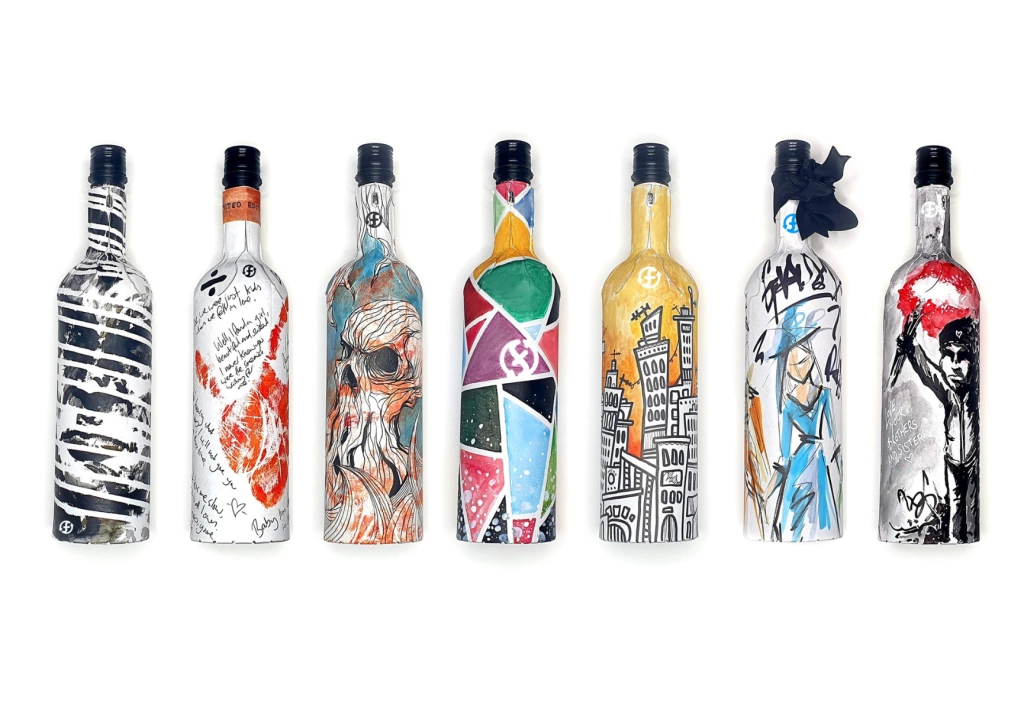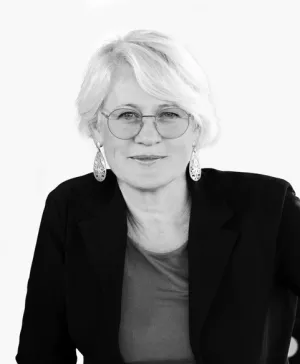
Scandinavia sets the pace

In Sweden, Norway and Finland, along with Iceland and the Faroe Islands, the sale of alcoholic beverages is reserved for a state-owned monopoly. Their market importance means Systembolaget (S), Vinmonopolet (N) and Alko (SF) are not only among the most sought-after customers for wine producers from around the world, but also gives them a great deal of clout in the industry.
Mindful of the responsibility that comes with having a sizeable share of the world market, the Scandinavian alcohol monopolies have jointly decided to reduce CO2 emissions in their sector by half by 2030. This has resulted in targets and decisions that will swiftly lead to changes across the entire wine industry.
Major challenges for winemakers
Those who want to sell their wines in Scandinavia in the future will not only have to ensure organic certification, but also compliance with social guidelines.
However, the biggest challenge is packaging! A recent Meiningers conference in Düsseldorf heard that around 80% of the CO2 footprint of wine comes from the bottle.
The efforts of producers to work organically and to reduce emissions become almost irrelevant if they subsequently package their wines in heavy glass bottles that are the result of energy intensive manufacturing. Bottles are often produced in another continent, before being laboriously transported, filled at the winery and then possibly transported to a third continent for sale. The burden on the environment is enormous.

Bag-in-box has already established itself in Austria for various products including high-quality vinegar from Alois Gölles.
It is no coincidence that the bag-in-box system has been extremely successful in Scandinavia for many decades. And the latest trend for environmentally conscious producers is aluminium cans, which are particularly light and easy to recycle.

The young wine line Djuce is causing a stir. It is a curated series of mainly natural wines, bottled in cans, complete with hip design and marketing. The wines are sourced from European countries, including Austria and Germany. The cool Zweigelt by Gernot and Heike Heinrich is so popular that it has already sold out several times.
Even those who do not currently export to Scandinavian countries will have to deal with the new requirements sooner or later, as large companies worldwide are being required to declare their sustainability credentials. The easiest solution? To impose stricter requirements on suppliers.
Wine producers should therefore urgently rethink their production methods, packaging and supply chains. In all likelihood, this will require additional investment, which can be a huge burden, especially for smaller businesses.
Innovative ideas
Solutions to the bottle issue are being worked on and researched at many levels. In addition to bag-in-box systems and the relatively recent hype of aluminium cans, completely new ideas are being unveiled. The Frugal Bottle concept, for example, is impressive. It is a kind of bag-in-bottle with a food-safe recyclable inner covered by a bottle shape that is made of mostly recycled paperboard. However, the inventors of Frugal Bottle sell the assembly machine rather than the "bottle". This is because the carton is made from waste paper and can be produced and printed on site. This eliminates the time-consuming, expensive and environmentally damaging transportation of empties.

Admittedly, the pouch inside Frugal Bottle is not designed for long-term storage. A shelf life of a few weeks is recommended. This is a sensible solution for many lower-priced wines that have a quick turnaround in food retailers.
Solutions are still being sought for wines that should ideally mature for several years or decades before being served. However, these so-called fine wines only make up a very, very small share of the market anyway.



